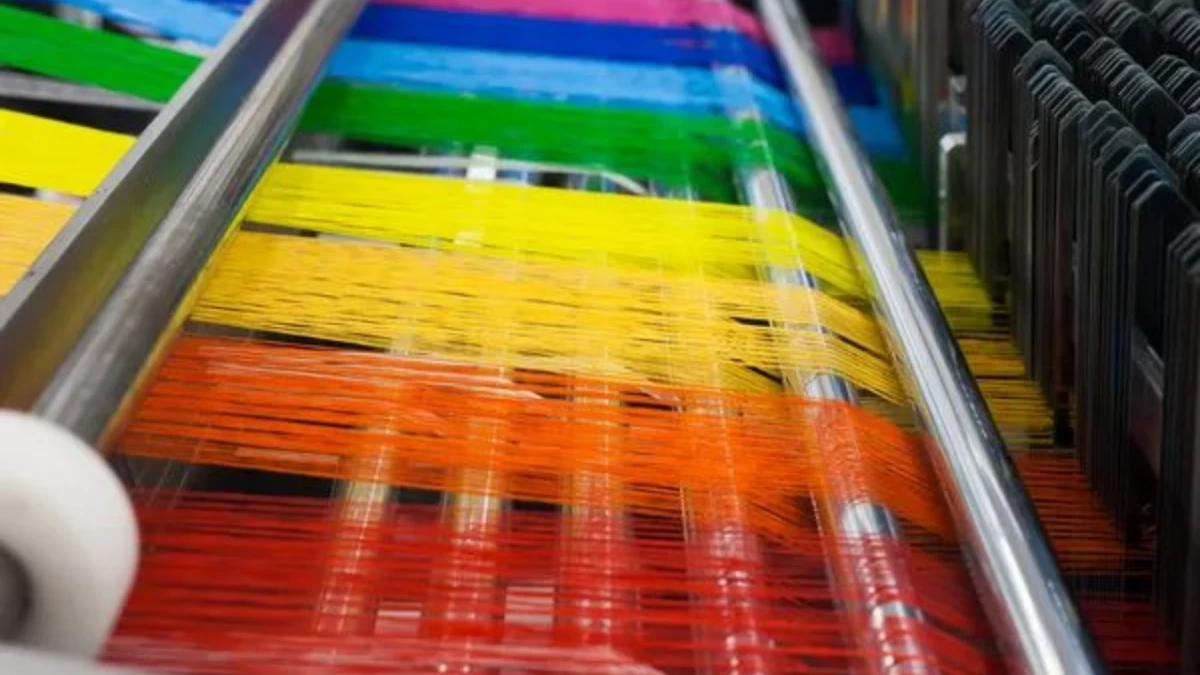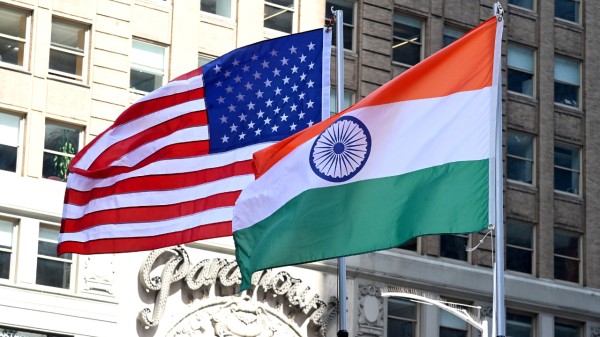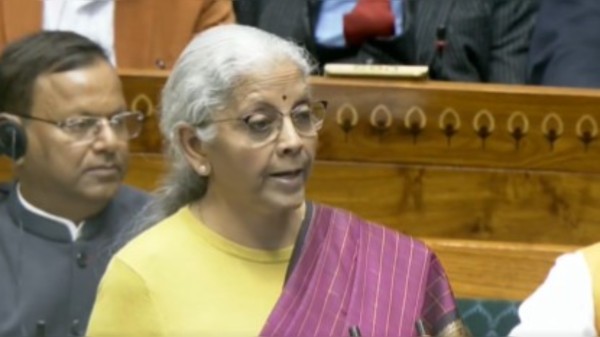

By signing in or creating an account, you agree with Associated Broadcasting Company's Terms & Conditions and Privacy Policy.


By signing in or creating an account, you agree with Associated Broadcasting Company's Terms & Conditions and Privacy Policy.

New Delhi: Markets world over are bracing for the tariff uncertainties unleashed by US President Donald Trump through his tariff letters being issued to several countries. Trump sent tariff letters to 14 countries, significantly disrupting the Asian markets in particular and world markets in general. Amid global trade tensions and market downfall, the textile sector is an outlier.
Alok Industries, being among one of the leading textile manufacturers, witnessed its share price touching a 7-month high at Rs 23.20 as the optimism around the textile sector is high on the expectation that Bangladesh is set to face more stringent tariffs (35%) as announced by President Trump through his trade letter.
Alok Industries was established in 1986. It is an integrated textile manufacturing facility based in Mumbai. It has two segments—cotton and polyester. Mukesh Ambani's Reliance Industries owns a 40% stake in the company jointly with JM Financials, which held a 34.99 percent stake in it. It exports to the 60 overseas markets with the customers.
India is better positioned, comparatively, than Bangladesh when it comes to stringent US trade tariffs, as the India-US interim trade pact is in the pipeline and will soon become functional. The stringent tariffs on Bangladesh are creating a better opportunity for India to cash in and increase its textile exports to Western markets.
President Trump on Monday released the first of his "tariff warning letters." The letters are being issued two days before his 9 July deadline approaches, after which his 90-day pause will end and his 2nd April reciprocal tariffs will start levying. The letter finds mention of tariff rates levied on Japan, South Korea, and Malaysia at the new rate of 25% and 32% on Indonesia, 35% on Bangladesh, 36% on Thailand and Cambodia, and 40% on Laos and Myanmar.
With the new announcement of 35 percent tariffs on Bangladesh, it is significantly going to impact and affect the textile export of Bangladesh. Its economy is heavily reliant on textile manufacturing and exports.
As per the experts, fresh tariffs on Bangladesh may divert the American buyer to switch to India for the textile needs. India is currently a net exporter of textile goods worldover, with over 4 percent of global textile trade belonging to India. The major export markets of Indian textiles are the USA, the EU, and the UK, accounting for around 53 percent of the total textile exports in FY24.
The trade agreement between India and the US has witnessed some issues that led to the delay of the pact. Experts are of the opinion that once the issues are addressed, the textile sector is set to gain from it.
Earlier, the India-UK FTA, which aims to increase the bilateral trade to $34 billion by 2040, also addressed some concerns around the textile sector. The latest developments are set to help the textile sector and its export.












